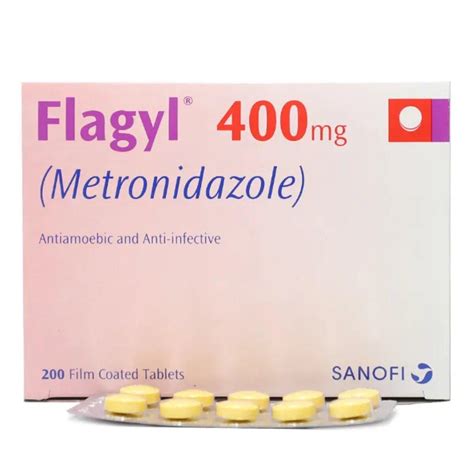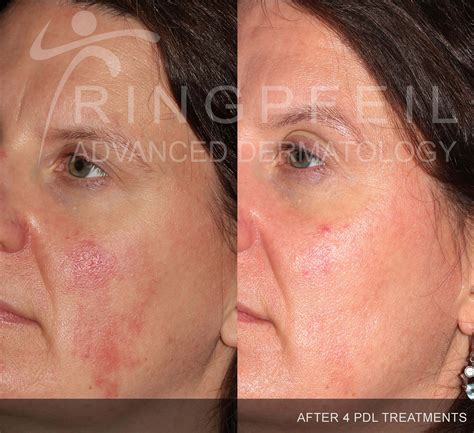Intro
Rosacea is a chronic skin condition characterized by inflammation, redness, and acne-like symptoms. It affects millions of people worldwide, causing significant emotional distress and impacting quality of life. One of the most effective treatments for rosacea is metronidazole, a topical antibiotic that has been widely used for decades. In this article, we will delve into the world of metronidazole for rosacea, exploring its benefits, working mechanisms, and practical applications.
Rosacea is a complex condition, and its exact causes are still not fully understood. However, it is believed to involve a combination of genetic, environmental, and hormonal factors. The symptoms of rosacea can vary from person to person, but common manifestations include flushing, redness, pimples, and visible blood vessels. If left untreated, rosacea can lead to significant discomfort, social anxiety, and even permanent skin damage. Fortunately, metronidazole has emerged as a reliable treatment option, offering hope to those struggling with this debilitating condition.
The importance of metronidazole for rosacea cannot be overstated. This medication has been extensively studied, and its efficacy has been consistently demonstrated in clinical trials. By reducing inflammation, killing bacteria, and promoting healthy skin growth, metronidazole helps to alleviate the symptoms of rosacea, improving skin appearance and overall well-being. In the following sections, we will examine the benefits, working mechanisms, and practical applications of metronidazole for rosacea, providing readers with a comprehensive understanding of this valuable treatment option.
What is Metronidazole?

How Does Metronidazole Work?
Metronidazole's working mechanism is multifaceted, involving several key processes that contribute to its therapeutic effects. Firstly, it exhibits antibacterial properties, targeting the bacteria that contribute to rosacea symptoms. By reducing bacterial loads, metronidazole helps to decrease inflammation and prevent the formation of pimples and other lesions. Additionally, metronidazole has anti-inflammatory properties, which help to soothe and calm the skin, reducing redness and discomfort.Benefits of Metronidazole for Rosacea

Practical Applications of Metronidazole for Rosacea
To get the most out of metronidazole for rosacea, it is essential to use the medication correctly and consistently. Here are some practical tips to keep in mind: * Always follow the recommended dosage and application instructions * Use metronidazole as part of a comprehensive skincare routine, including gentle cleansing and moisturizing * Avoid using metronidazole on broken or irritated skin * Be patient, as metronidazole may take several weeks to produce noticeable results * Combine metronidazole with other treatments, such as sunscreen and makeup, to enhance its effects and promote overall skin healthSide Effects and Precautions

Interactions with Other Medications
Metronidazole can interact with other medications, including: * Blood thinners, such as warfarin * Antihistamines, such as diphenhydramine * Anti-inflammatory medications, such as ibuprofen * Certain antibiotics, such as ciprofloxacin It is essential to inform your healthcare professional about any medications you are taking, including supplements and herbal remedies, to avoid potential interactions and ensure safe treatment.Conclusion and Future Directions

Final Thoughts
Metronidazole for rosacea is a topic of significant interest and importance, and we hope that this article has provided readers with a comprehensive and informative overview. Whether you are struggling with rosacea or simply seeking to improve your skin health, we encourage you to explore the many resources and treatment options available, and to consult with a healthcare professional for personalized advice and guidance.What is the most effective way to use metronidazole for rosacea?
+The most effective way to use metronidazole for rosacea is to apply it topically, as directed by your healthcare professional, and to combine it with other treatments, such as sunscreen and gentle skincare products.
Can metronidazole be used in combination with other medications for rosacea?
+Yes, metronidazole can be used in combination with other medications for rosacea, but it is essential to consult with a healthcare professional to avoid potential interactions and ensure safe treatment.
Are there any natural alternatives to metronidazole for rosacea?
+Yes, there are several natural alternatives to metronidazole for rosacea, including tea tree oil, aloe vera, and green tea, but it is crucial to consult with a healthcare professional before using any new treatments or products.
